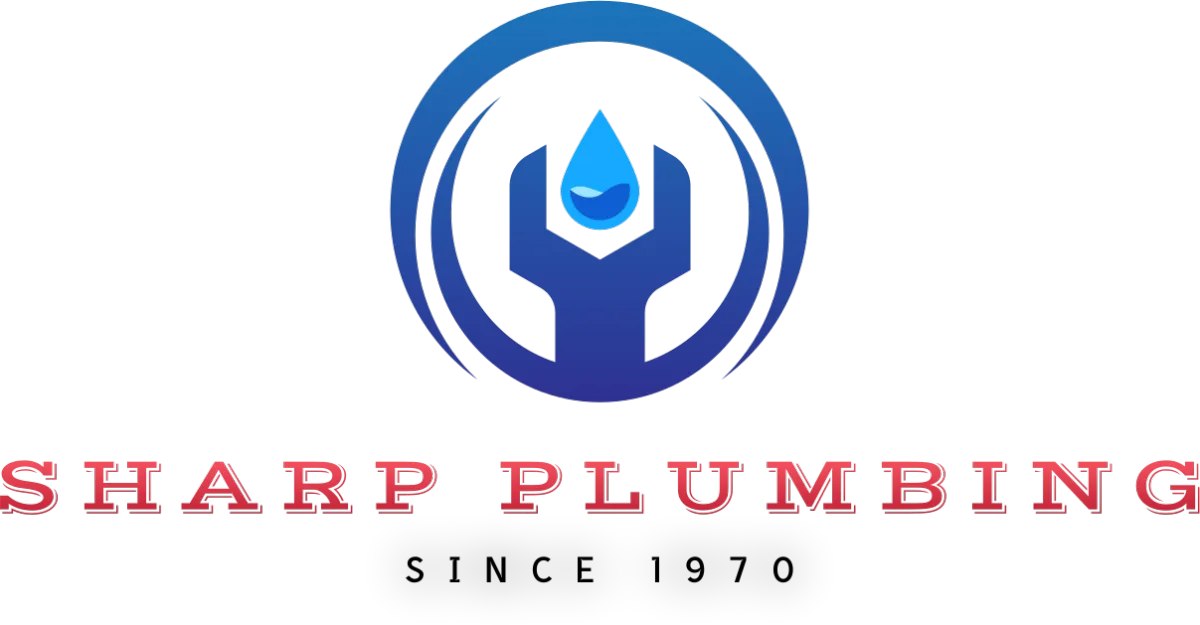
Common Plumbing Myths Debunked for Homeowners
Plumbing myths can lead to costly mistakes and unnecessary stress for homeowners. Believing in these misconceptions often results in neglecting proper maintenance or making misguided decisions. Understanding the truth behind these myths can help you take better care of your home's plumbing system.
Many people think that as long as the water is draining, there can’t be a clog, but that’s not always true. Other myths suggest that all plumbers provide the same level of service, which can lead to hiring unqualified professionals. Another common belief is that leaky faucets are just small annoyances without realizing the potential long-term damage. Lastly, relying on chemical drain cleaners can do more harm than good, posing risks to your plumbing.
This article will debunk these common plumbing myths, providing clear explanations and practical advice. By learning the facts, you can make informed decisions and protect your home from avoidable plumbing issues. Dive in to discover the real story behind these widely believed myths, and ensure your plumbing is in top shape.
Myth: If Water Is Draining, There’s No Clog
Just because water appears to be draining doesn't mean your pipes are completely clear. Partial blockages can allow water to flow, but these obstructions can worsen over time. Grease, food particles, and hair can build up inside the pipes, reducing the diameter and slowing down the drainage. Over time, this can lead to a major clog that can be more difficult to handle.
Another issue is that debris can initially block only some pipes, masking the severity of the problem. Even if you see water going down the drain, gurgling sounds or slow drainage are signs of underlying issues. Ignoring these signs can escalate the problem and result in more significant clogs and potential pipe damage.
Potential Hidden Issues:
Tree Roots: Roots from nearby trees can invade your pipes, causing slow drainage and eventual blockages.
Pipe Corrosion: Rust and corrosion can narrow the pipe openings, impacting the flow of water.
Foreign Objects: Objects accidentally flushed down toilets or drains often get trapped in pipes, leading to partial or complete blockages.
Myth: All Plumbers Are the Same
Many people believe that any plumber can handle any plumbing issue, but this is not true. Plumbers vary significantly in terms of skill levels, certifications, and specialties. Hiring an unqualified plumber could result in incomplete or improper repairs, leading to bigger problems in the future.
Differences in Plumbers:
Skill Levels: Experienced plumbers have seen and solved a vast array of issues, making them more adept at quickly diagnosing and fixing problems.
Certifications: Certified plumbers have undergone rigorous training and adhere to industry standards and regulations, ensuring high-quality work.
Specialties: Some plumbers specialize in residential plumbing, while others may focus on commercial properties or more specific areas like gas lines or remodeling projects.
Importance of Choosing a Qualified Professional:
Proper Diagnostics: A skilled and certified plumber can accurately diagnose the problem, preventing unnecessary repairs.
Quality Workmanship: Professional plumbers ensure that repairs meet local codes and standards, reducing the risk of future issues.
Safety: Working with plumbing involves risks like gas leaks, water damage, and mold. A qualified plumber knows how to handle these risks safely.
Choosing a reputable and experienced plumber ensures the job is done right the first time, saving you time, money, and stress in the long run.
Myth: Leaky Faucets Are Just Annoying, Not Serious
Many people think leaky faucets are just minor annoyances. However, these drips are often signs of bigger problems. Leaks usually happen because of worn-out washers, damaged seals, or corroded parts. Ignoring a leaky faucet can cause more significant issues over time, costing you more in the long run.
Even a small drip can waste a surprising amount of water, leading to higher utility bills. Over time, constant dripping can also wear down sink surfaces, causing further damage. Additionally, if the leak is due to a bigger problem within your plumbing system, neglecting it can lead to more severe issues, including mold growth and structural damage.
Potential Long-Term Damage and Costs:
Increased Water Bills: Even a minor drip can waste gallons of water over time, significantly increasing your water bill.
Water Damage: Prolonged leaks can cause damage to fixtures, countertops, and floors, leading to costly repairs.
Mold Growth: Persistent moisture from leaky faucets can promote mold growth, which is a health hazard and can be expensive to remove.
Myth: Chemical Drain Cleaners Are Safe and Effective
Many homeowners turn to chemical drain cleaners to quickly solve clogs, believing them to be safe and effective. However, these products can cause more harm than good. Chemical cleaners contain harsh substances that can corrode your pipes over time. This can result in weakened pipes that are more prone to leaks and breaks.
Chemical drain cleaners are not a one-size-fits-all solution. They often fail to fully clear the clog, leading to recurring issues. Furthermore, these chemicals are dangerous to handle and can cause burns or irritation if they come into contact with your skin or eyes.
Hazards of Using Chemical Drain Cleaners:
Pipe Damage: Harsh chemicals can eat away at pipes, leading to leaks and long-term damage.
Health Risks: The chemicals in drain cleaners can cause serious harm if inhaled or if they come into contact with your skin.
Environmental Impact: These chemicals are harmful to the environment and can contaminate water sources.
Safer and More Effective Alternatives:
Plunger: A plunger can often clear minor clogs without the use of chemicals.
Drain Snake: This tool can reach deep into pipes to remove blockages.
Vinegar and Baking Soda: This natural solution can help clean and deodorize drains without causing harm.
Conclusion
Understanding the truth behind common plumbing myths is vital for maintaining a healthy plumbing system in your home. Recognizing that draining water doesn't necessarily mean your pipes are clear can save you from unexpected blockages. Knowing the differences between plumbers ensures you hire skilled professionals. Realizing the seriousness of leaky faucets helps prevent long-term damage and costs. Finally, being aware of the dangers of chemical drain cleaners encourages you to seek safer cleaning methods.
Taking the time to debunk these myths can save you from future headaches and expenses. If you have plumbing concerns or need professional advice, it's essential to rely on experts who can provide reliable solutions. For fast and reliable plumbing services in Kansas City, contact Sharp Plumbing today. Protect your home by making informed decisions about your plumbing system. Call Sharp Plumbing now to schedule an inspection or consultation.




